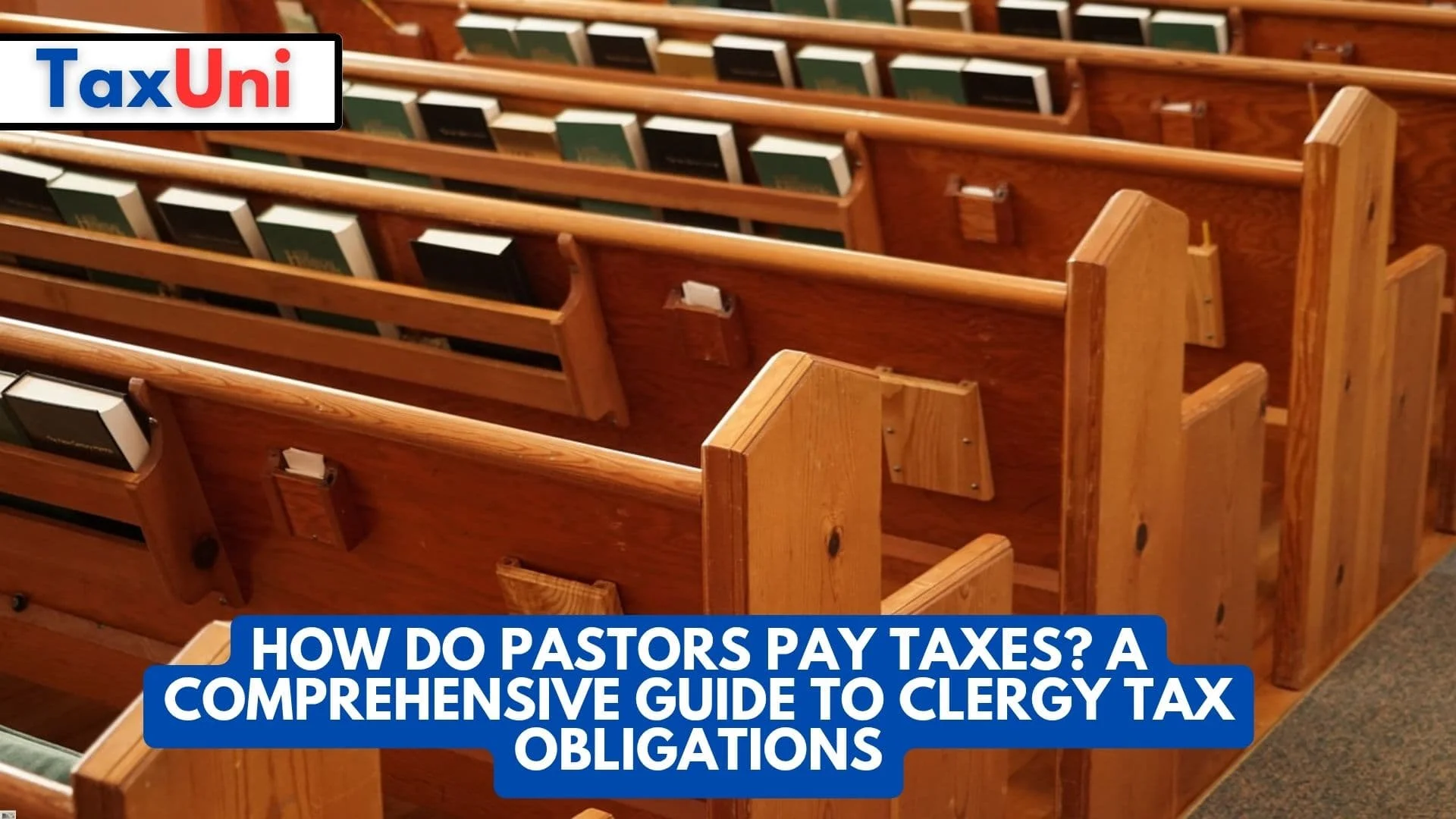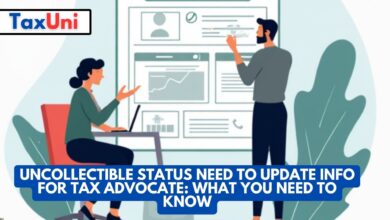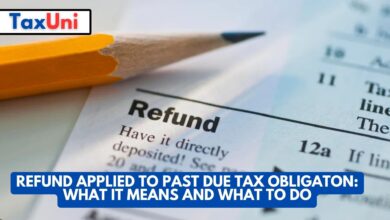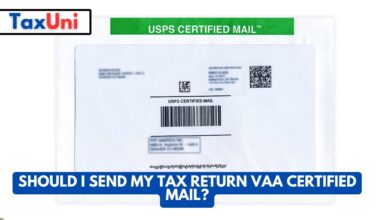How Do Pastors Pay Taxes? A Comprehensive Guide to Clergy Tax Obligations
This article is an in-depth guide explaining the tax responsibilities of pastors, including their unique dual tax status, the treatment of housing allowances, and the necessary IRS forms and payments.

Contents
- The Dual Tax Status of Pastors: Employee vs. Self-Employed
- Understanding the Minister’s Housing Allowance
- Income Subject to Self-Employment Tax
- IRS Forms and Filing Requirements for Pastors
- Special Cases: Independent Contractors and Traveling Ministers
- Tips for Pastors to Stay Compliant and Minimize Taxes
Understanding how pastors pay taxes involves navigating a unique tax framework that applies specifically to clergy members. Pastors are subject to both income tax and self-employment tax, with particular rules surrounding their ministerial income, housing allowance, and IRS filing requirements. This article explores the essential aspects of pastors’ tax responsibilities, including the dual tax status that distinguishes them from typical employees, how housing allowances affect taxable income, and the forms pastors must file to comply with the IRS. Whether you are a minister, church administrator, or tax professional, this guide provides clarity on the complex tax landscape pastors face.
The Dual Tax Status of Pastors: Employee vs. Self-Employed
Pastors hold a unique position in tax law where they are considered:
- Employees for income tax purposes: They receive a W-2 from their church reflecting wages subject to federal income tax withholding.
- Self-employed for Social Security and Medicare taxes: They pay self-employment tax on ministerial earnings, including fees for weddings, funerals, and other services.
This dual status means pastors must carefully report income and pay taxes accordingly, often requiring quarterly estimated tax payments to avoid penalties.
Understanding the Minister’s Housing Allowance
One of the most important tax benefits for pastors is the housing allowance, which is:
- Excluded from federal income tax but
- Included in self-employment tax calculations
This allowance covers rent, mortgage payments, utilities, and other housing-related expenses. Properly designating and documenting the housing allowance is critical to ensure compliance and maximize tax benefits.

Income Subject to Self-Employment Tax
Besides salary and housing allowance, pastors must pay self-employment tax on additional ministerial income such as:
- Fees for performing weddings, baptisms, funerals
- Honoraria or speaking fees related to ministry work
This tax covers Social Security and Medicare contributions, which churches typically do not withhold for ministers.
IRS Forms and Filing Requirements for Pastors
Pastors use specific forms to report income and pay taxes:
- Form 1040: Individual income tax return
- Schedule SE: To calculate self-employment tax
- Form W-2: Issued by the church for wages
- Form 4361: To apply for exemption from self-employment tax if eligible
Timely filing and accurate reporting are essential to avoid IRS penalties.
Special Cases: Independent Contractors and Traveling Ministers
Some ministers, such as traveling evangelists or guest preachers, may be treated as independent contractors rather than employees. In these cases, they receive Form 1099 and handle taxes differently, often paying self-employment tax on all income without a housing allowance exclusion.
Tips for Pastors to Stay Compliant and Minimize Taxes
- Keep detailed records of all income and housing expenses.
- Work with a tax professional familiar with clergy tax rules.
- Make quarterly estimated tax payments.
- Ensure housing allowance is officially designated by the church.





